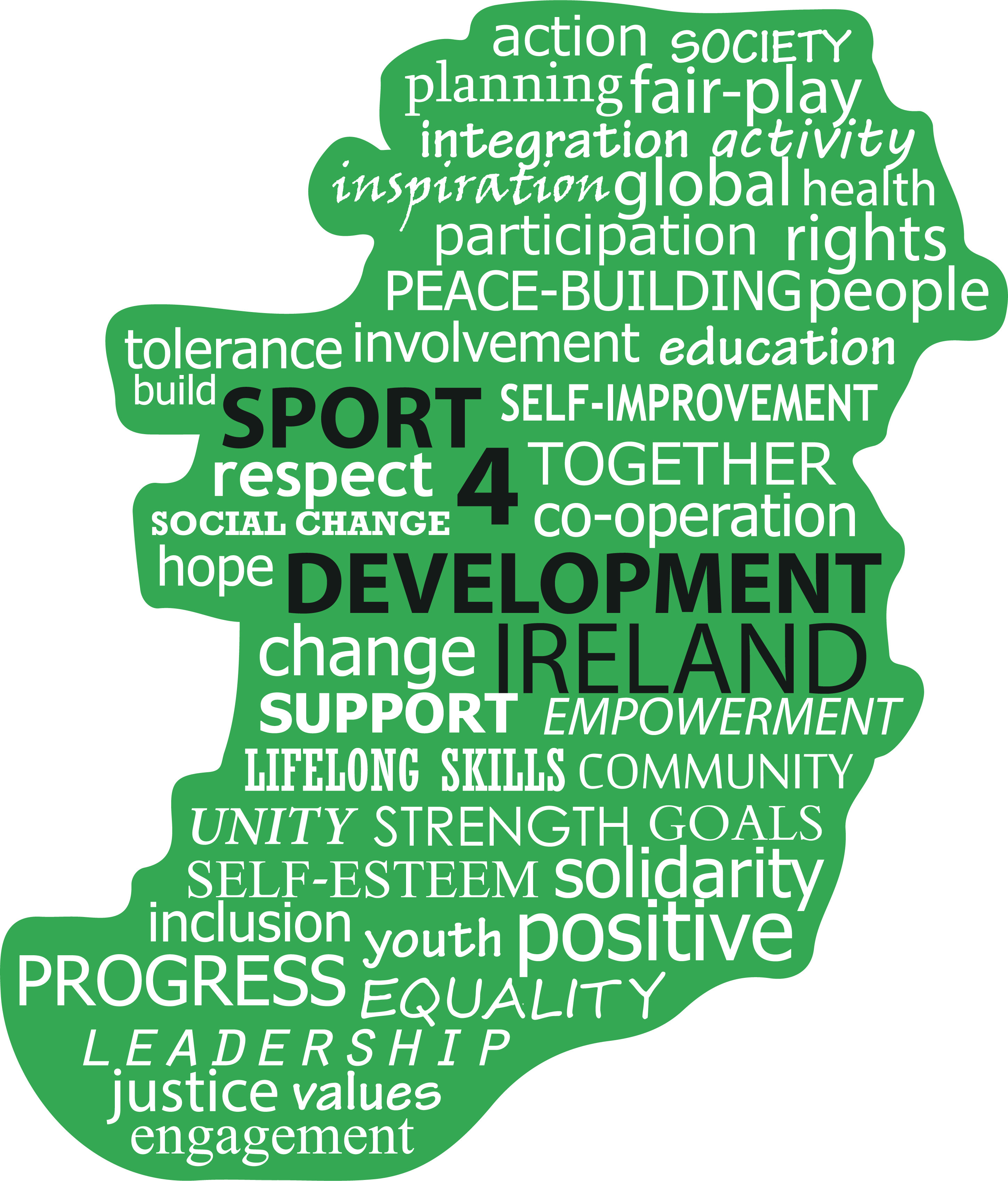The Potential of Sport to Contribute to Social Development
The last two decades have seen a rapid increase in the use of sport for development and peace-building. Leading international bodies have formally recognised sport as a contributor, alongside other interventions, to the Millennium Development Goals (MDGs) and to address social, economic and development challenges and global public health. The sport for development and peace (SDP) movement has gained increased profile and credibility, and today sport is being widely used by many agencies to promote social change. It is seen as a form of social activity that offers opportunities to:
- Convey core principles that are important in a democracy, such as tolerance, solidarity, co-operation and respect;
- Foster inclusion for individuals and populations otherwise marginalised by social, ethnic, cultural or religious barriers;
- Allow individuals to experience equality, freedom and empowerment.
The benefits of sport are considered especially relevant for the most vulnerable including the poor and excluded, girls and women, people with a disability, those living in conflict areas, and those recovering from trauma. This makes sport a relevant partner in a range of development work to support these groups. Thus, a growing number of established global development agencies have begun including specifically planned sport interventions in their broader strategy, an approach that recognises sport can best serve development objectives by being integrated into the policy domains to which it can contribute.
- Commonwealth Guide to Advancing Development through Sport

